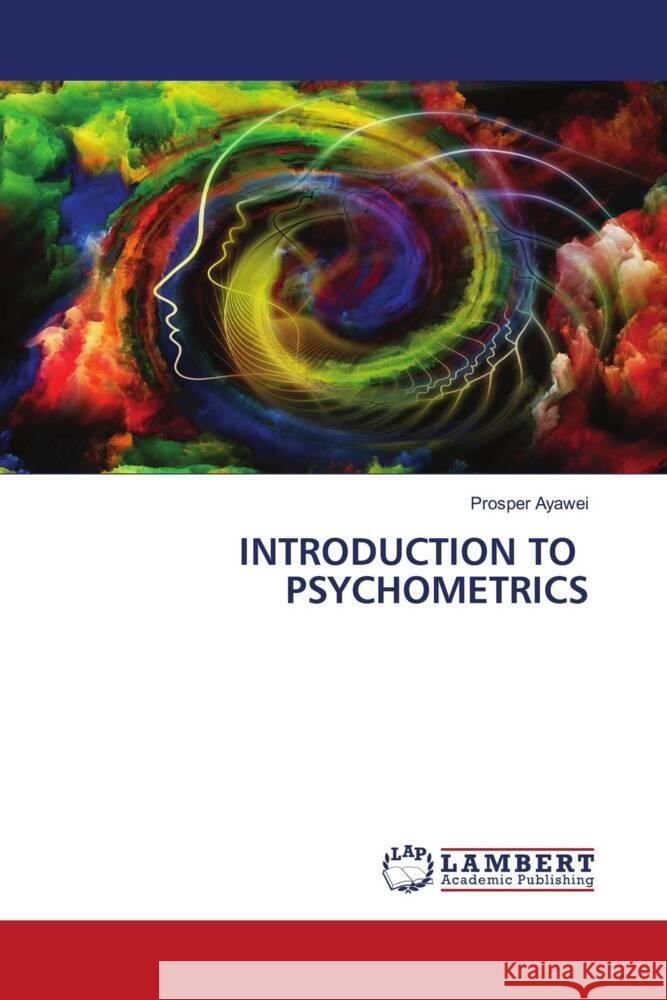INTRODUCTION TO PSYCHOMETRICS » książka
INTRODUCTION TO PSYCHOMETRICS
ISBN-13: 9786204730493 / Angielski / Miękka / 140 str.
Much of the early theoretical and applied work in psychometrics was undertaken in an attempt to measure intelligence. The origin of psychometrics has connections to the related field of psychophysics. Charles Spearman, a pioneer in psychometrics who developed approaches to the measurement of intelligence, studied under Wilhelm Wundt and was trained in psychophysics. The psychometrician L. L. Thurstone later developed and applied a theoretical approach to the measurement referred to as the law of comparative judgment, an approach which has close connections to the psychophysical theory developed by Ernst Heinrich Weber and Gustav Fechner. In addition, Spearman and Thurstone both made important contributions to the theory and application of factor analysis, a statistical method that has been used extensively in psychometrics. More recently, psychometric theory has been applied in the measurement of personality, attitudes and beliefs, academic achievement, and in health-related fields.Figures that made significant contributions to psychometrics include Karl Pearson, L. L. Thurstone, Georg Rasch and Arthur Jensen.











